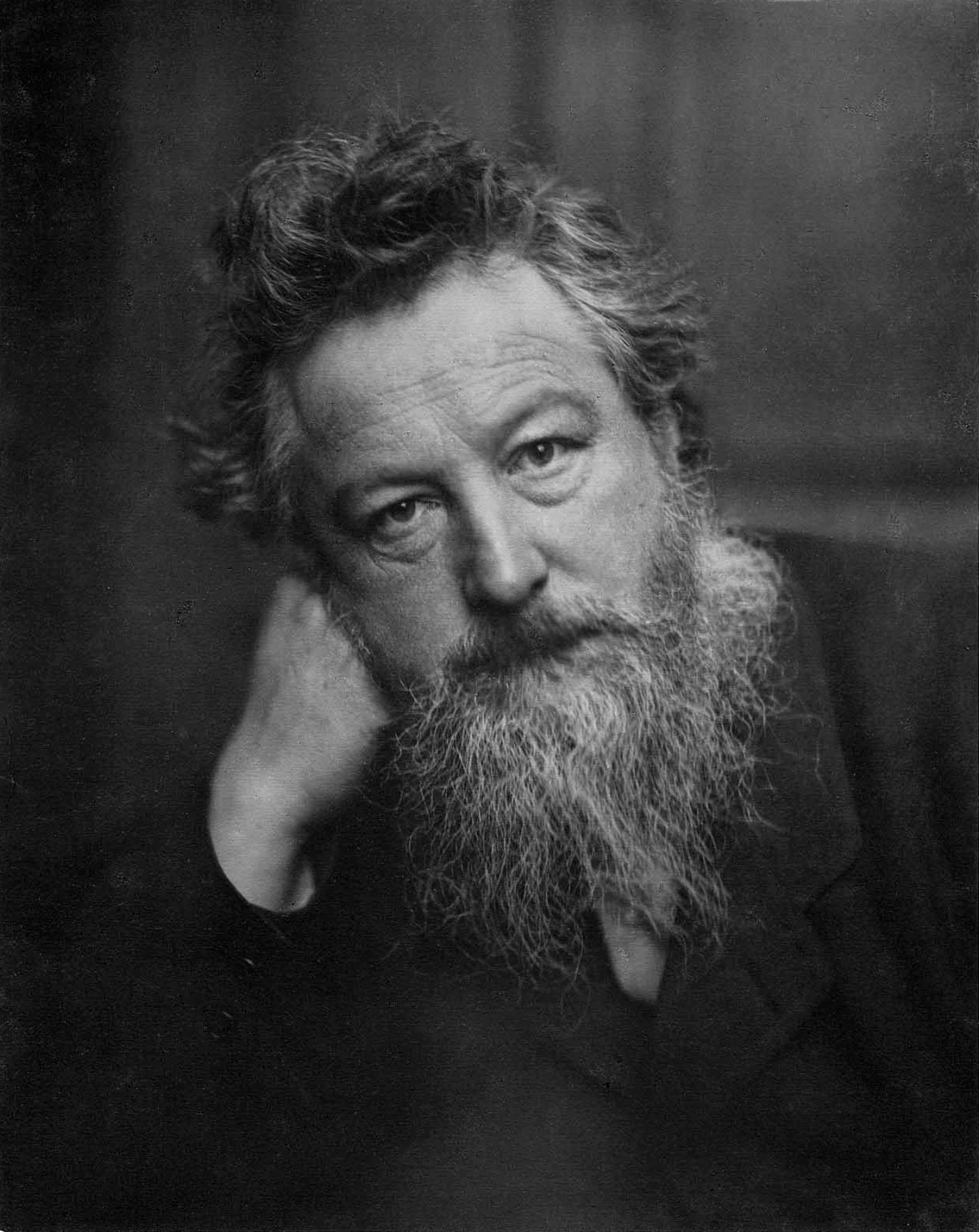The Earthly Paradise (1868-70), The Lady of the Land
William Morris: Frases en inglés
Signs of Change (1888), Useful Work versus Useless Toil
Fuente: A Dream of John Ball (1886), Ch. 4: The Voice of John Ball
The Earthly Paradise (1868-70), The Lady of the Land
The Earthly Paradise (1868-70), The Lady of the Land
This has sometimes appeared in paraphrased form as: "The aim of art is to destroy the curse of labour by making work the pleasurable satisfaction of our impulse towards energy, and giving to that energy hope of producing something worth the exercise".
Signs of Change (1888), The Aims of Art
The Earthly Paradise (1868-70), The Lady of the Land
"The Hill of Venus".
The Earthly Paradise (1868-70)
The Earthly Paradise (1868-70), Apology
“If others can see it as I have seen it, then it may be called a vision rather than a dream.”
News from Nowhere (1890)
“Now such an one for daughter Creon had
As maketh wise men fools and young men mad.”
Life and Death of Jason, Book xvii, reported in Bartlett's Familiar Quotations, 10th ed. (1919).
Love is Enough (1872), Song II: Have No Thought for Tomorrow
Fuente: A Dream of John Ball (1886), Ch. 4: The Voice of John Ball
Love is Enough (1872), Song V: Through the Trouble and Tangle
The Earthly Paradise (1868-70), Apology
“A world made to be lost, —
A bitter life 'twixt pain and nothing tost.”
"The Hill of Venus".
The Earthly Paradise (1868-70)
The Earthly Paradise (1868-70), The Lady of the Land
The Decorative Arts (1877)
The Earthly Paradise (1868-70), The Lady of the Land
Love is Enough (1872), Song II: Have No Thought for Tomorrow
Why I Am A Socialist (1884).
"Prologue : The Wanderers"; the last line here may be related to far older expressions such as: "Naught venture, naught have" by Thomas Tusser.
The Earthly Paradise (1868-70)
“Love is enough: it grew up without heeding
In the days when ye knew not its name nor its measure”
Love is Enough (1872), Song III: It Grew Up Without Heeding
Contexto: Love is enough: it grew up without heeding
In the days when ye knew not its name nor its measure,
And its leaflets untrodden by the light feet of pleasure
Had no boast of the blossom, no sign of the seeding,
As the morning and evening passed over its treasure.
Love is Enough (1872), Song III: It Grew Up Without Heeding
"The History of Pattern-Designing" lecture (1882) The Collected Works of William Morris (1910 - 1915) Vol. 22
Speech, London (10 March 1880)
